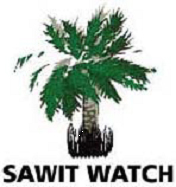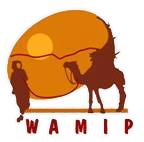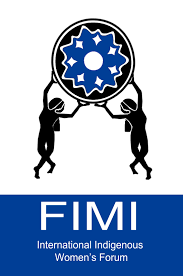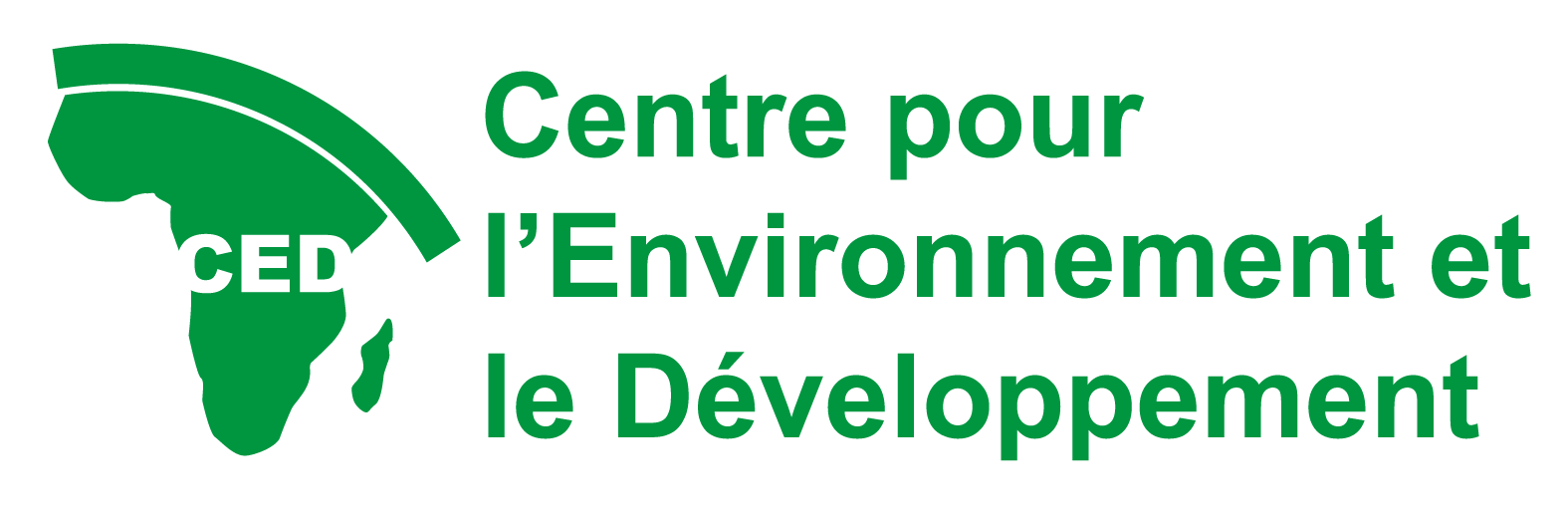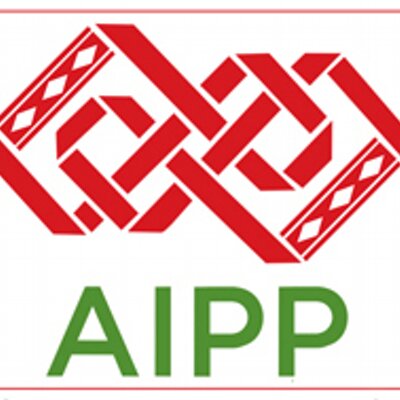International Work Group for Indigenous Affairs (IWGIA)
Indigenous Peoples Issues and Resources
Indigenous Peoples Issues & Resources is the leading source for news, information, articles, videos, and more on indigenous peoples from around the world. Our mission is to fight for the rights of indigenous and tribal peoples. We accomplish this mission by:
Rural Research & Development Training Center
Since April 2004, the Rural Research and Development Promoting Knowledge Association has been operating under the umbrella of the Lao Union of Science and Engineering Associations (LUSEA) based namely Rural Research & Development Training Center (RRDTC).
Vision Statement
“Sustainable and Equitable Community Development throughout Lao PDR”
SawitWatch
About
Sawit Watch was established in 1998, investigating the large Indonesian forest and land fires in 1997/1998. It has 143 individual members and works in 17 provinces.
Vision
Sawit Watch envisages social changes for smallholder farmers, labourers and indigenous peoples towards ecological justices.
The Samdhana Institute
The Samdhana Institute - An Asian Center for Social and Environmental Renewal
Our Purpose
The Samdhana Institute works to:
- Offer opportunities as well as support for individuals and groups to remove themselves from their immediate environment and reflect upon and communicate their experience and ideas.
- Enhance and enrich understanding of innovative approaches to sustainable resource management and broaden options for local communities.
UN Permanent Forum on Indigenous Issues
The Permanent Forum is an advisory body to the Economic and Social Council established by resolution 2000/22 on 28 July 2000. The Forum has the mandate to discuss indigenous issues related to economic and social development, culture, the environment, education, health and human rights.
According to its mandate, the Permanent Forum will:
World Alliance Of Mobile Indigenous Peoples
About Us
The World Alliance of Mobile Indigenous Peoples (WAMIP) is a global alliance of nomadic peoples and communities practicing various forms of mobility as a livelihood strategy while conserving biological diversity and using natural resources in a sustainable way. WAMIP is currently hosted atMARAG, an NGO based in India http://www.marag.org/. MARAG is offering the secretariat support to the Alliance since 2011.
International Indigenous Women's Forum
Mission
FIMI’s mission is to bring together indigenous women leaders and human rights activists from different parts of the world to coordinate agendas, capacity-build, and to develop leadership roles. FIMI encourages indigenous women's participation in international decision-making processes by ensuring the consistent and serious inclusion of indigenous women’s perspectives in all discussions regarding human rights.
Vision
Participatory Development Training Centre
PADETC (Participatory Development Training Center) is a training center promoting participatory processes for sustainable development. PADETC is located in Vientiane, Lao PDR.
PADETC is a not-for-profit Lao organization, registered under the Department of Private Education in the Ministry of Education, Lao PDR.
Vision
To support all civic actors to enable change towards a ‘Livable Society’ in Laos through holistic education development. This is balanced development centered on youth as agents of change for well-being and a livable society.
Centre pour l'Environnement et le Développement Cameroun
Mission et Objectifs
Le CED s’est donné pour mission de contribuer à la protection des droits, des intérêts, de la culture et les aspirations des communautés locales et autochtones des forêts d’Afrique Centrale, par la promotion de la justice environnementale et de la gestion durable des ressources naturelles dans la région.
Nos objectifs sont les suivants:
- Réduire les impacts écologiques et sociaux des industries extractives;
Asia Indigenous Peoples Pact
The Asia Indigenous Peoples Pact (AIPP) is a regional organization founded in 1988 by indigenous peoples' movements. AIPP is committed to the cause of promoting and defending indigenous peoples' rights and human rights and articulating issues of relevance to indigenous peoples. At present, AIPP has 47 members from 14 countries in Asia with 14 National Formations, 15 Sub-national Formations and 18 Local Formations. Of this number, 6 are Indigenous Women's Organizations and 4 are Indigenous Youth Organizations.
Our Vision





